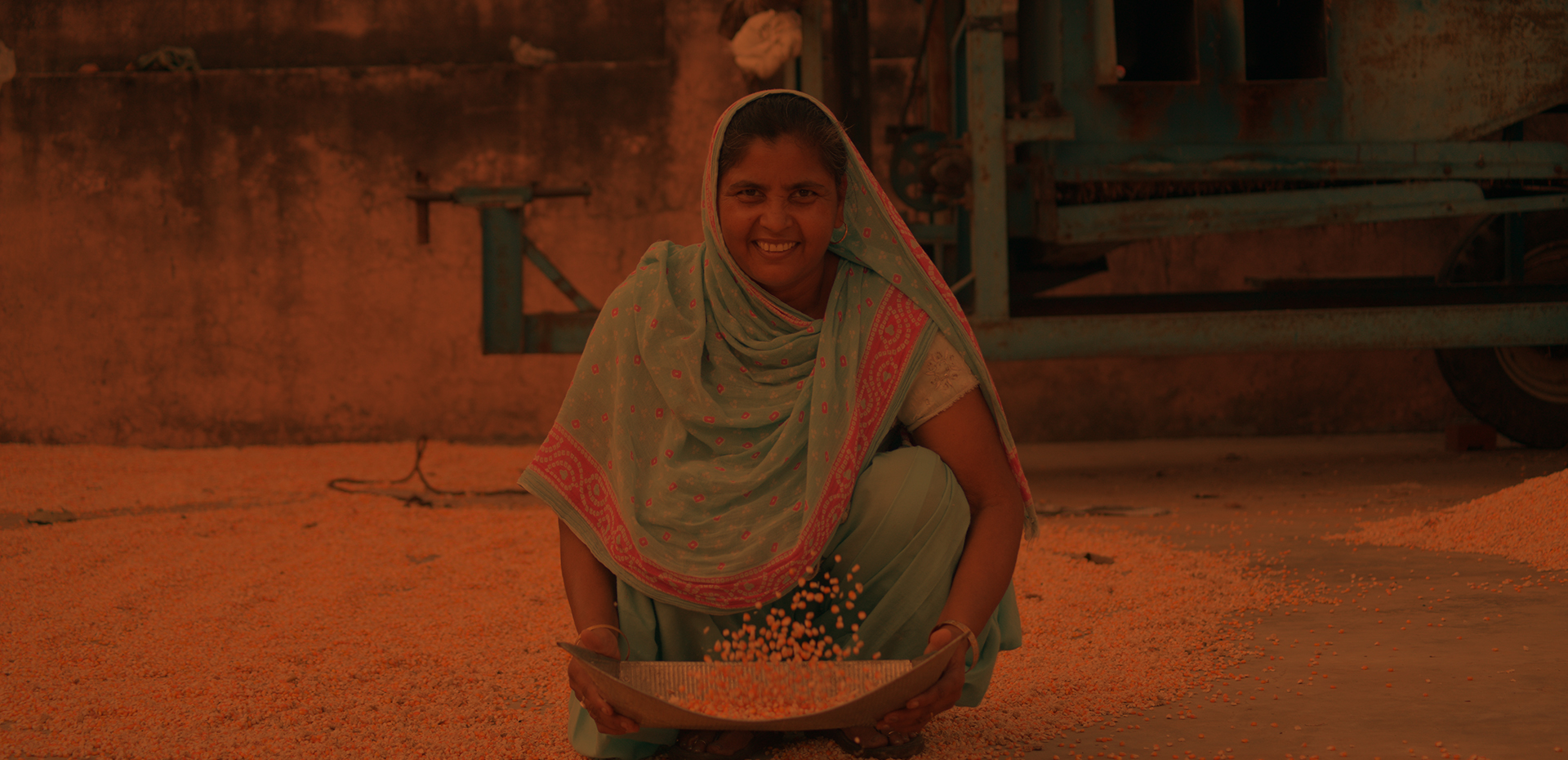
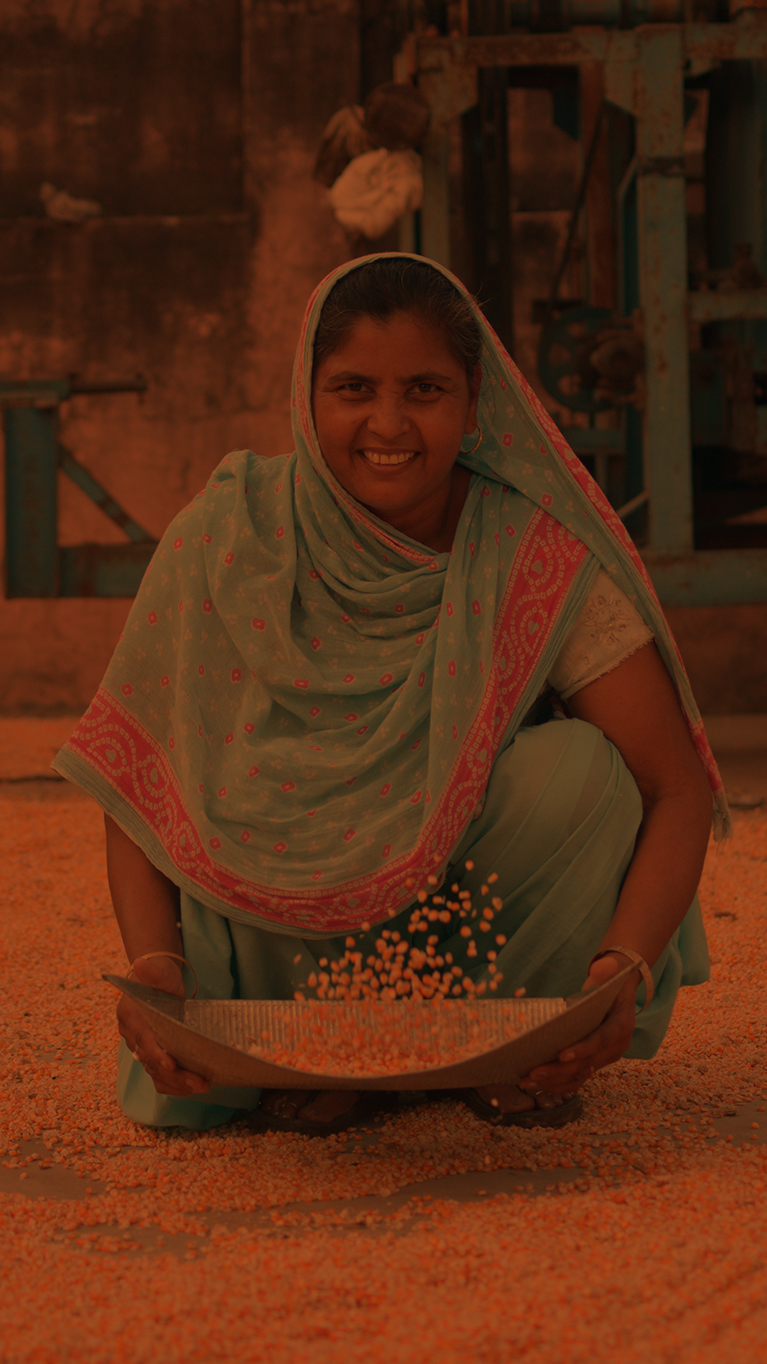


Limited crop diversification keeps incomes low, fueling youth unemployment, migration, and rural distress. Climate change, erratic rainfall, and rising temperatures further threaten farm productivity and community resilience. Women face few livelihood opportunities, healthcare gaps persist, and access to quality education and skills—especially for girls and landless youth—remains limited.
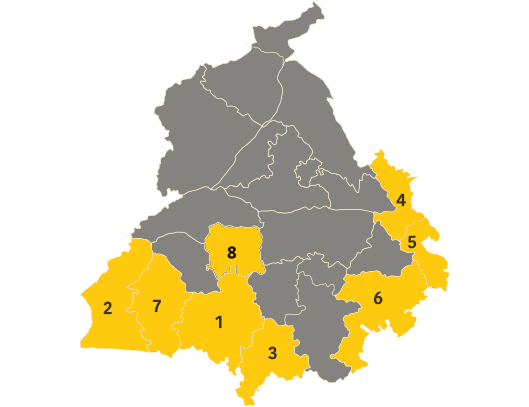
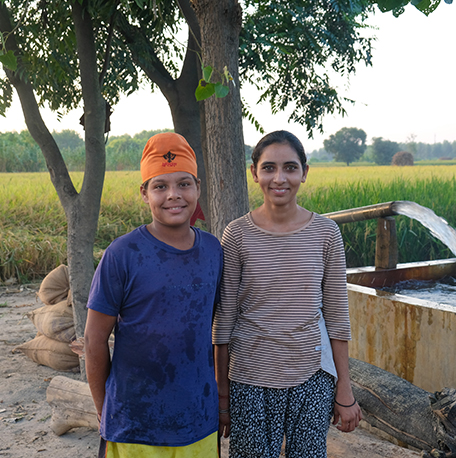
The main focus of Ambuja Foundation’s water program in Punjab is on the implementation of watershed projects to improve availability of water and its efficient usage. A key highlight is the Watershed Project with structures such as check dams, gabion structures, gully plugs, farm ponds, and water channels to control runoff, recharge groundwater, and improve soil moisture.
Beyond watershed, we are actively working on water-related interventions like the renovation of village ponds, creation of farm ponds, ensuring safe water supply to communities, and conducting awareness campaigns on water conservation.
Treated Under Watershed
Percolation tank developed in forest area
Farm Ponds
Village Ponds renovated
Safe Drinking Water Facilities
Recharge/ Soak pits
Check Dams constructed
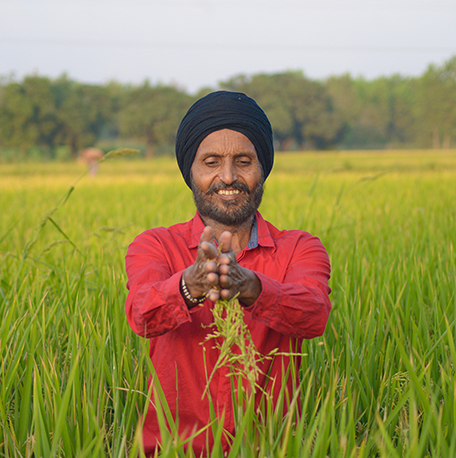
Ambuja Foundation helps create climate resilience among farmers by promotinges sustainable practices like Direct Seeding of Rice (DSR)/AWD, micro-irrigation, Integrated Pest Management (IPM), and crop residue management. In the Malwa belt (Bathinda, Mansa, Fazilka, Sri Muktsar Sahib), we support cotton farmers under the Better Cotton program. We also promote crop diversification with high-value fruits and vegetables. To strengthen farmers collectively, we form Farmer Clubs and FPOs, improving access to inputs, knowledge, and markets.
Farmers of which 2500+ are Female Farmers
Farmers with Micro-Irrigation
with 1325 Shareholder Farmers
Customer Hiring Center
Land under Direct Seeded Rice
free from stubble burning
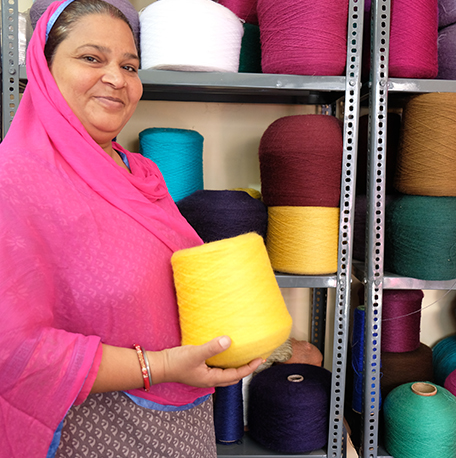
The women empowerment program aims to improve the social economic status of women through capacity building of SHG groups, formation of new SHG groups, credit linkages, development of market linkages and helping women identify income generation activities.
SHG groups
SHG Member
Corpus generated by SHGs
SHGs linked with NRLM
Women involved in Income Generation Activities
Common Facility Centre
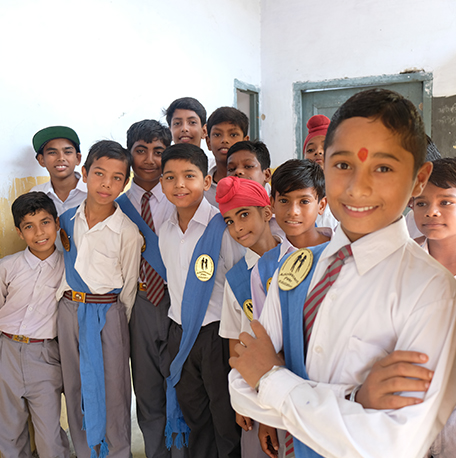
Ambuja Foundation runs a comprehensive Health & Sanitation Program focused on preventive and promotive care, in partnership with local health departments, PRIs, ASHAs, Anganwadis, and youth clubs. Key activities include health screenings, cancer detection camps, awareness campaigns, menstrual hygiene education, mental health support, and substance abuse prevention. Ambuja Foundation also improves village sanitation through better drainage systems and cleaner public spaces. For truckers, healthcare is taken directly to truck unions, offering NCD and COPD screenings, ECG tests, free medicines, and behavior change sessions to encourage healthier lifestyles and long-term well-being.
people screened
beneficiaries with improved knowledge on NCDs
participants reported reduced Substance Use (Alcohol, Tobacco, Drugs) consumption
increase in regular sanitary pad usage among women/girls
Community clinics
Health care centers for trucker community
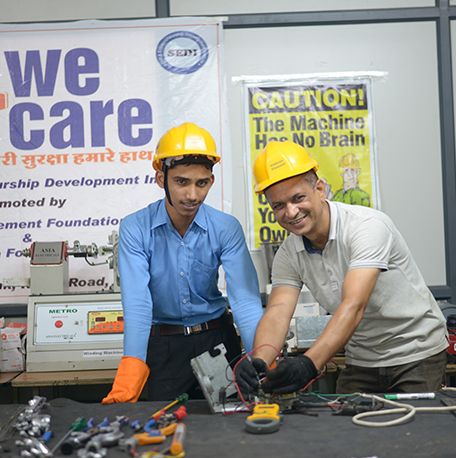
Skill and Entrepreneurship Development Institute (SEDI), Bathinda, is opening up livelihood opportunities for rural youth from farming families, landless households, and Scheduled Caste communities. Through industry-relevant training, SEDI enables young people to secure jobs with starting salaries of Rs 10,000–15,000, while many—especially from the Assistant Electrician course—have become entrepreneurs earning up to Rs 25,000 in peak seasons. SEDI is building financial stability and long-term career pathways for Punjab’s youth.
Youth Trained
Female trained
Placed
Entrepreneurs
Maximum salary
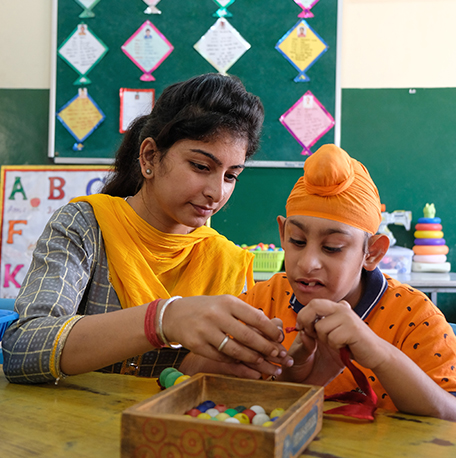
Ambuja Foundation supports schools in Punjab by improving infrastructure, building toilets and handwashing stations, and promoting WASH to enhance learning and hygiene among children. We also run after-school sports programs to encourage physical fitness and team spirit.
In Ropar, the Ambuja Manovikas Kendra provides education, therapy, and life skills training to children with intellectual disabilities. The center also offers vocational training in jewellery making, pottery, and baking to help graduates become self-reliant.
Govt. School reached
Mini Science Lab
Schools with Sports Promotion
with Sanitary Napkins installed in 5 School
Student Participated In district Games
Installed Smart Class Equipment